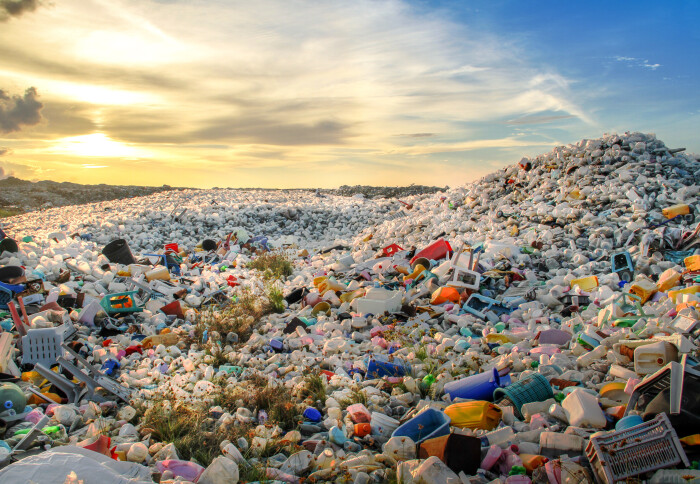£1million project to develop sustainable packaging solutions
by Ayesha Khan

A Prosperity Partnership project, worth £1million, has been awarded to design and manufacture sustainable flexible packaging.
Professor Koon-Yang Lee from the Department of Aeronautics will lead the collaboration with Unilever, alongside Dr Jonny Blaker from the Henry Royce Institute, Department of Materials at The University of Manchester and Dr Keeran Ward from the School of Chemical and Process Engineering, University of Leeds.
The project has been awarded under the pilot Engineering and Physical Sciences Research Council (EPSRC) early-stage Prosperity Partnerships scheme that seeks to support ambitious early-stage academic-business research collaborations. The project will strengthen academic-business collaborations between Imperial College London, The University of Manchester, University of Leeds and Unilever to position the UK at the forefront of sustainable packaging research.
Transforming flexible packaging
The UK's Net Zero Strategy calls for decarbonisation across all sectors of the UK economy, in order to meet 2050 net zero targets.However, the fast-moving consumer goods (FMCG) packaging industry still faces significant challenges in pursuit of sustainability and net-zero objectives.
A major challenge is the lack of infrastructure for the collection and sorting of flexible plastic packaging, leading to disposal in landfilled or incineration.
This is a unique opportunity to develop fundamental scientific advances that can have a direct impact for Unilever and more widely across the packaging industry. Professor Koon-Yang Lee Professor in Polymer Engineering, Imperial College London
The new project aims to accelerate the transition to net zero and address the hurdles in the design and manufacture of greener flexible packaging.
Professor Koon-Yang Lee said: “Imagine one day in the future, the packaging you hold in your hands for a product you bought is completely sustainable. It would not only be designed with circular principles, but also to minimise climate impact. That is what we will create in partnership with Unilever."
The Imperial-Unilever partnership will help further the agenda of Imperial's Transition to Zero Pollution initiative, which aims to build and strengthen partnerships between research, industry and government in realising a sustainable zero pollution future.
Transdisciplinary research
Tackling global challenges like plastic waste effectively will require a collaborative and transdisciplinary approach from engineers and scientists.
The Institute for Molecular Science and Engineering (IMSE), one of seven Global Challenge Institutes at Imperial College London, will play a pivotal role in supporting the partnership. Their contribution will include the development briefing papers aimed at informing policymakers about the future of sustainable flexible packaging - helping translate research into real-world impact.
Article text (excluding photos or graphics) © Imperial College London.
Photos and graphics subject to third party copyright used with permission or © Imperial College London.
Reporter
Ayesha Khan
Department of Aeronautics